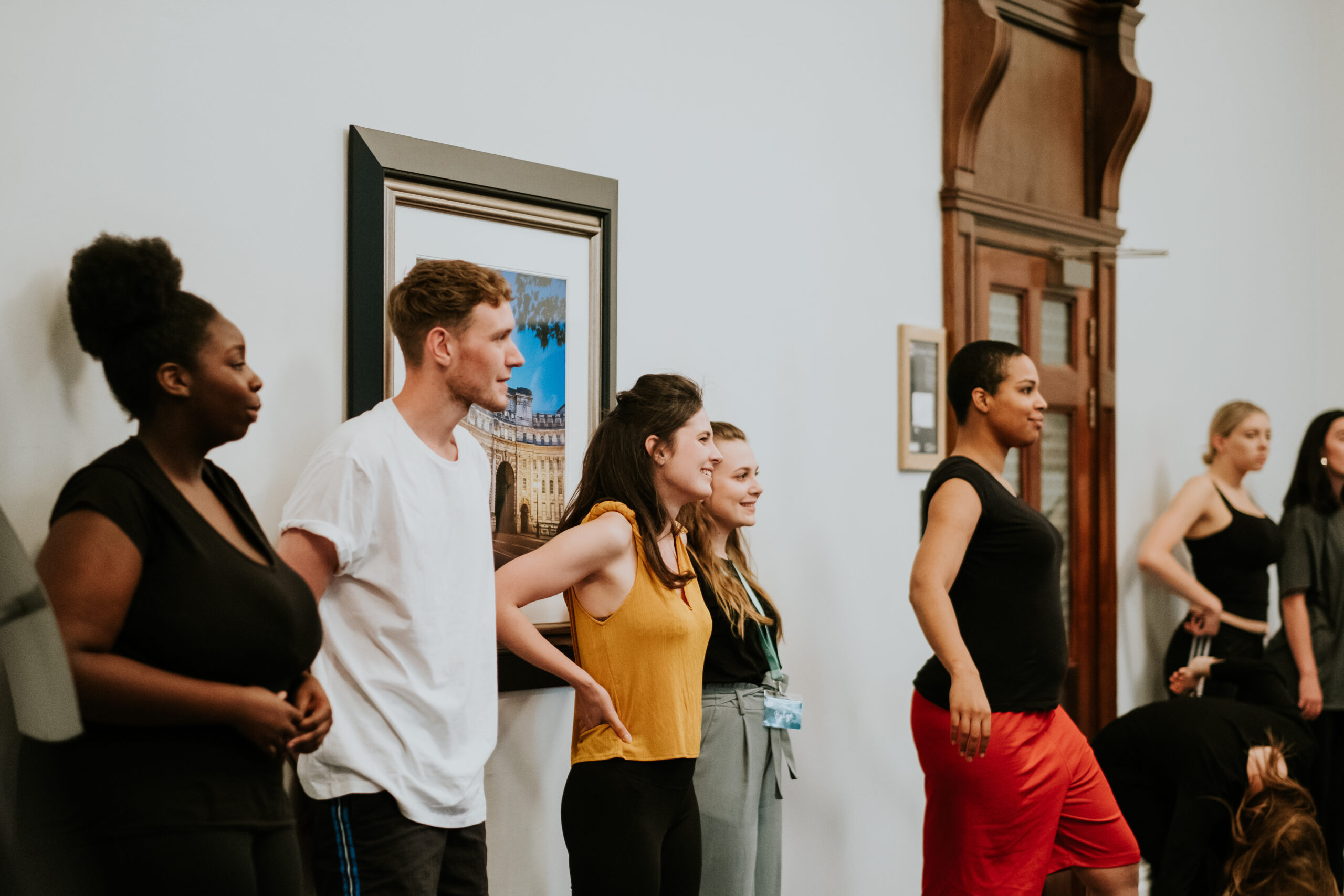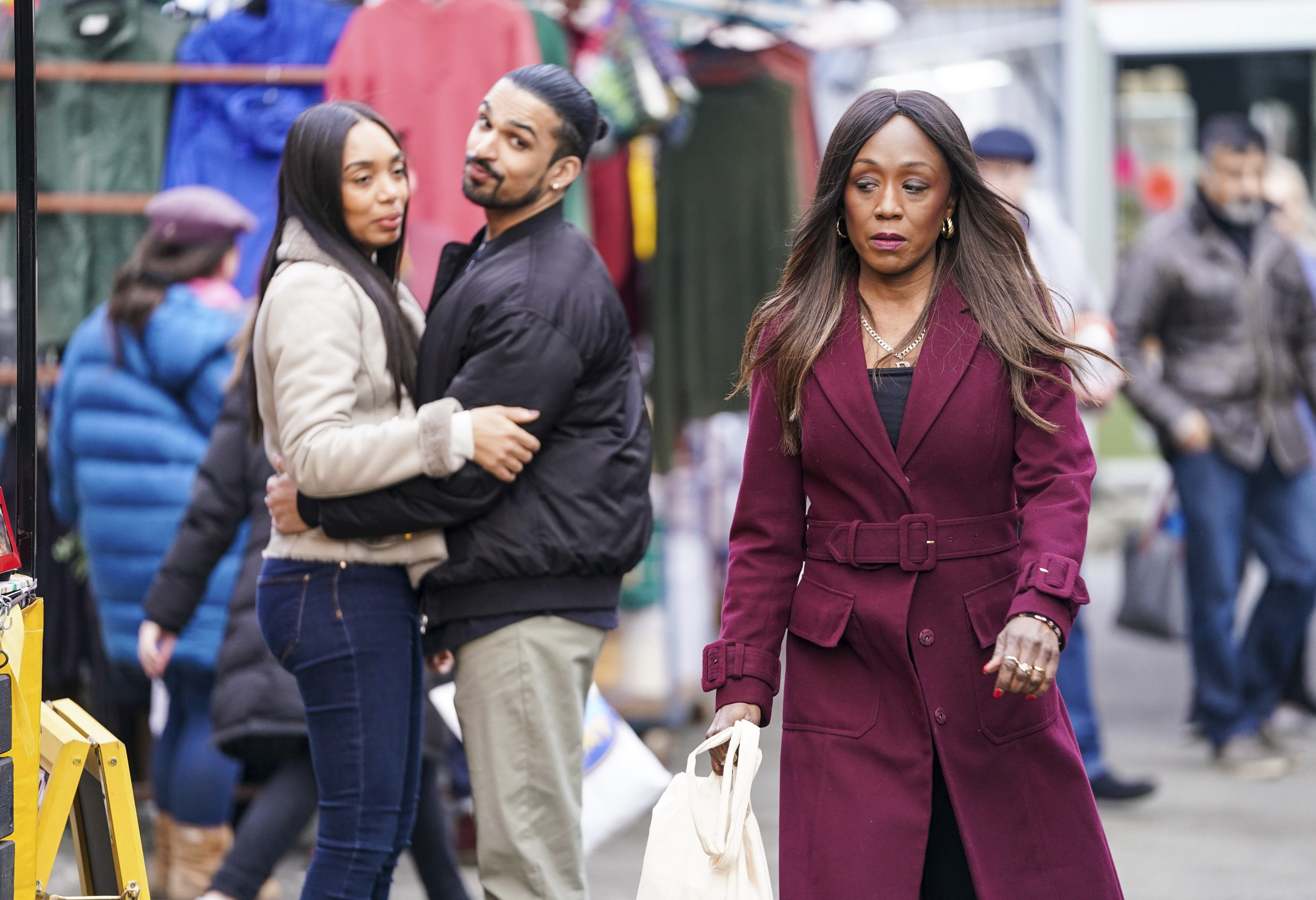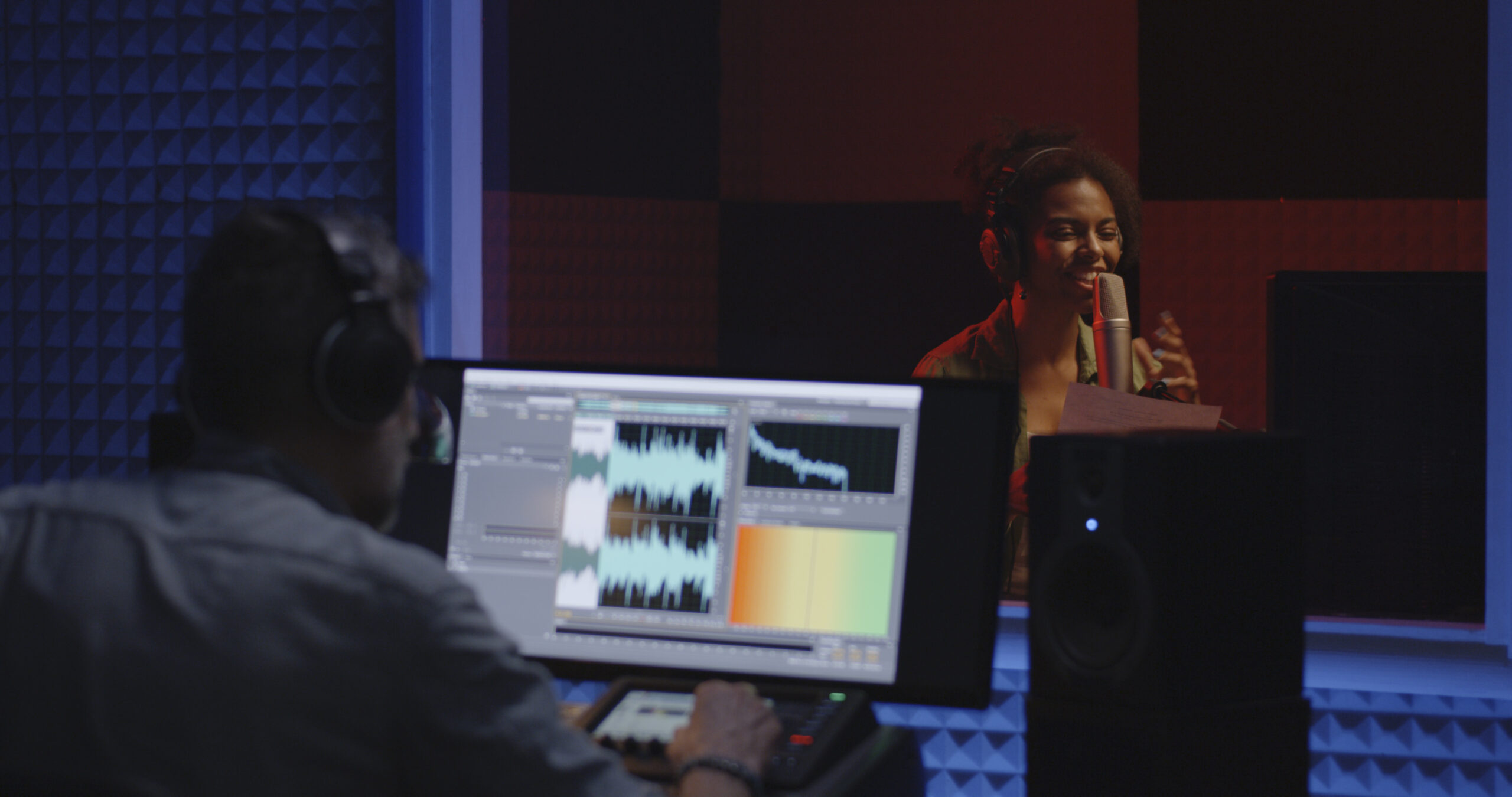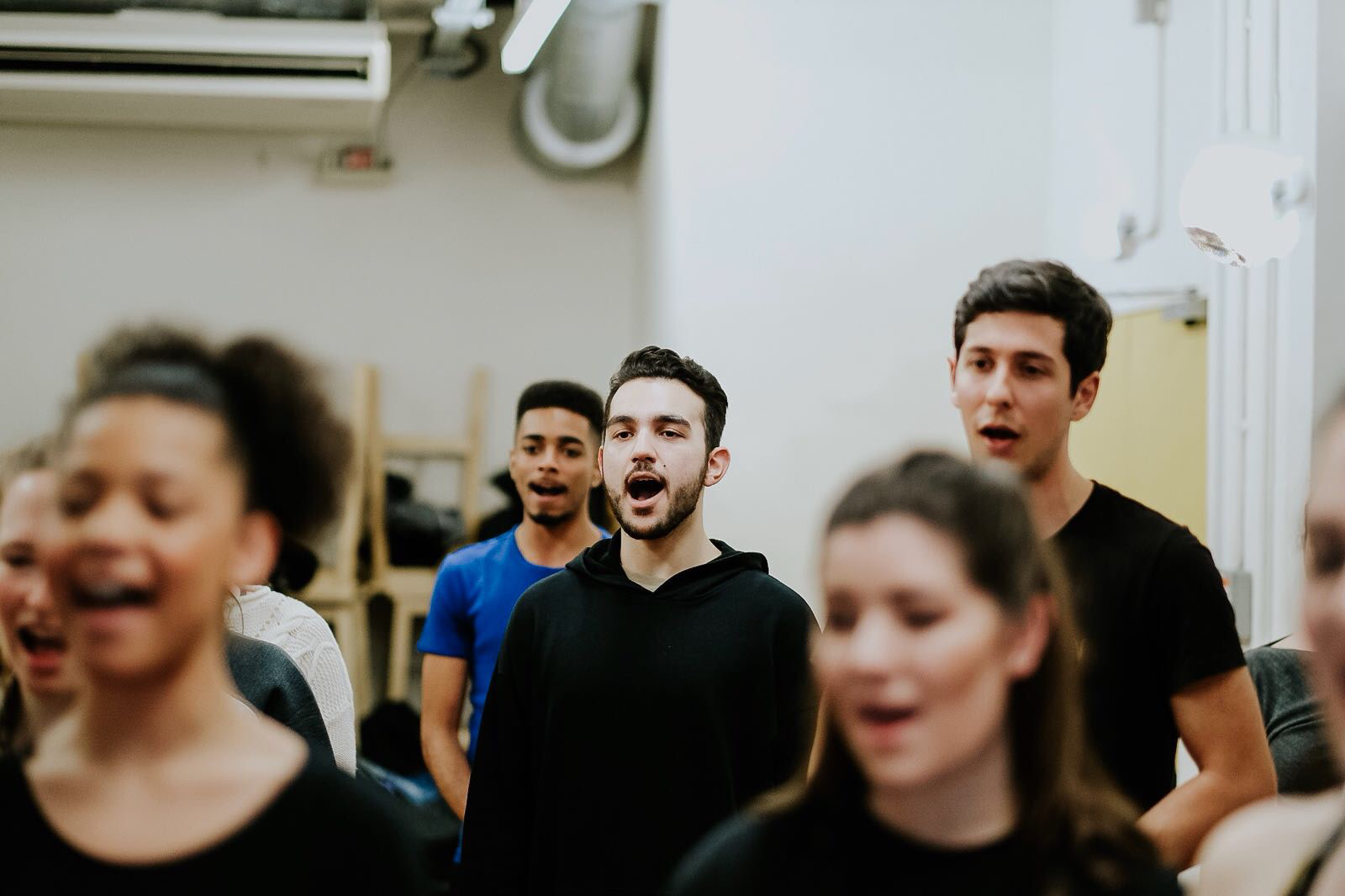Advice from performers on how to overcome your nerves when acting on stage or during an audition.
Being nervous is a part of every performer’s life. Whether it’s in our new studios waiting for your audition, on stage, or the moment before a director yells, “Action!” we’ve all experienced it – from award-winning, experienced actors to drama school graduates at their first showcase.
We spoke with actors Imelda Staunton (Harry Potter and the Order of the Phoenix), Josette Simon (Broadchurch) and Alex Jennings (The Crown), as well as previous Spotlight Prize winners and nominees, about how to overcome nerves before a performance. Here’s what they shared:
Channel Your Nervous Energy
Spotlight Prize nominee Connor Maguire said it best: “You’re always going to be nervous, and I think it’s best to always embrace it.”
In essence, when you feel nervous, don’t let it consume you. Imelda Staunton points out that nerves are “your body getting you ready.” Use them as fuel for your performance. “All my nerves are used up in rehearsal thinking, ‘I can’t do it!’” Imelda adds. “But use nerves as a really good energy.”
Don’t try to deny your nerves. Spotlight Prize nominee Simon Phipps (Sherwood) says, “I think you just have to acknowledge that they’re there, but you’re not going to listen to them for today.”
Remember Your Preparation
Nerves are a product of our fight-or-flight instincts, which may kick in when we’re panicked or stressed. However, when you’re about to perform, remember that you have no reason to be either of these things.
Spotlight Prize nominee Harmony Daniel (Boudicca) urges actors to “remember that work you’ve done.” You’re not about to step on stage without learning your lines or with no acting talent to rely on. You’ve trained, you’ve practised, and you’ve put in the work to ensure your performance will be the best it can be.
“No matter what happens, you’ve done the work,” Harmony says. “That’s what you can rely on.”
Focus on Your Character
You’ll never entirely stop being nervous when acting. “The terror and the horror never go away,” says Alex Jennings, who knows a thing or two, considering his three BAFTA nominations.
Spotlight Prize winner Lucie Sword (Rare Beasts) tells us to “stick to knowing what you want as the character and the more you can gear into that […] you can wash away those nerves.”
When your mind is focused on the persona of your role, it takes the attention away from the knots in your stomach.
If you’re struggling to connect with your character, take a look at our article on creating compelling characters to help you develop a better understanding of them.
Consider Your Nutrition
On the days leading up to your big moment, we’d recommend limiting your caffeine and sugar intake. Both are bad for your gut bacteria, which, if dysfunctional, can bring on that doomsday anxiety like a train.
Your body can go into what is known as a hyperglycaemic state, also known as having high blood sugar. This happens when your body doesn’t have enough insulin. Consuming these substances in excess are proven to contribute to anxiety and should be avoided.
Take a look at our nutrition tips for preventing fatigue and injury.
Breathe
It may seem obvious, but breathing can be the most powerful tool you have for mastering your emotions. Proven to relax the nervous system and release toxins from the body, filling your lungs with oxygen is an amazing way to reset the body and put you back in touch with yourself.
Spotlight Prize winner Francesco Piancentini-Smith (Waterloo Road) advises, “Take deep breaths [and don’t] think about it,” and Spotlight Prize nominee Charlotte Wyatt agrees, “Breathe […], we often forget to do that.”
Breathing is also useful for ensuring your performance is calm and relaxed and not rushed. Josette Simon says, “What happens when you get really, really nervous is that things speed up. You are actually speaking faster than you think. It’s incredibly hard to have all those nerves and then just stand, take your time, look around properly and be.”
Everyone is on Your Side
Another source of nervousness may come from worry about how the audience will react to your performance. But, as Spotlight Prize nominee Martha Godber (Do I Love You) points out, “Everyone is here because they want to find something in you, they want you to do well.”
Just go out on stage, do your best and enjoy the chance to perform. If you have a good time, the audience will have a good time, too. “In a way, you’ve got to love the nerves,” says Spotlight Prize nominee Luciana Trapman. “Because if you don’t love the nerves, what are you doing here?”
Ultimately, the key to commanding stage fright is confidence. Being confident in your own ability will only come through practice and is a vital skill to learn as you evolve as a performer. Be self-aware in your rehearsals by owning up to that anxiety, speak to your fellow cast members and colleagues and use it as a force to execute the perfect performance.
Take a look at our website for more tips and advice about wellbeing, including 12 tips for controlling nerves and 6 ways to combat nerves at your next audition.












